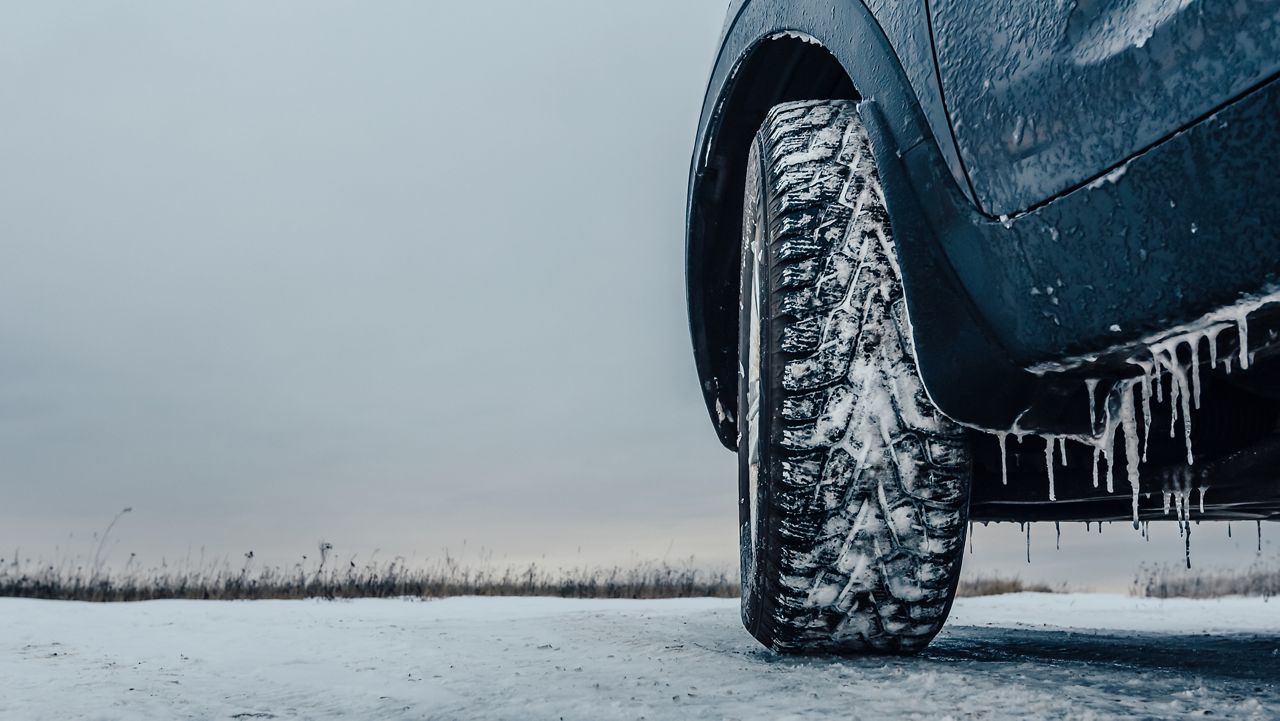Last winter, I noticed my car struggling to start in during the frigid temperatures. It turned out I was long overdue for a new battery!
What You Need To Know
- The colder it is, the more energy it takes for your car battery to start
- Gasoline won't freeze, but moisture in your tank's line may freeze, causing issues
- Make sure you have properly working windshield wipers during the winter
There's no denying the cold winter months can take a toll on our vehicles, inside and out.
Batteries can take the brunt of that toll when temperatures fall to the single digits and especially below zero.
You should plan to replace your car's battery every few years, while also keeping jumper cables in your car just in case it doesn't start while you're out somewhere!
Testing your car's battery before winter is also important so you can prevent any potential problems.
Electric vehicles' range also drops in cold weather.
It would take drastically cold temperatures (about 100 degrees below zero) for your gas to freeze. However, moisture can collect in the lines leading to your gas tank, and that may freeze. Keeping your gas tank at least half full can prevent this from happening.
Cold weather can affect oil, as well. When temperatures drop, a car's oil can get thicker, which causes the car to work sluggishly. When adding new or more oil to your car, try using a lower viscosity option to keep oil thin and functioning well.
Cold weather can also affect the outside of your car. We all know about salt leading to rust issues and making sure your tires are good, but cold air temperatures can cause problems for windshield wipers!
Frigid temperatures can tear and crack the rubber on wipers, which can lead to dangerous driving conditions if happening while snowing. Install new wipers right before the winter while also looking into winter-specific wipers.
And while we're on the topic of windshields, always have plenty of washer fluid!
Our team of meteorologists dives deep into the science of weather and breaks down timely weather data and information. To view more weather and climate stories, check out our weather blogs section.
